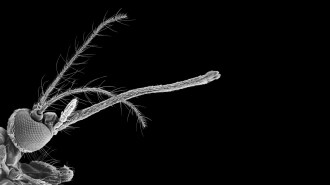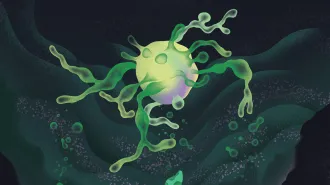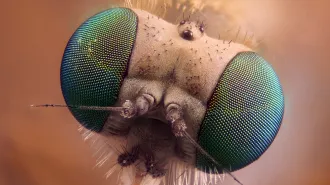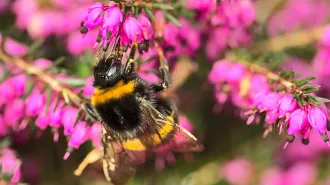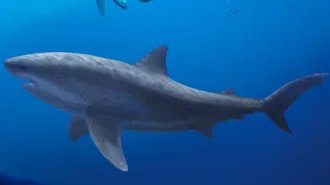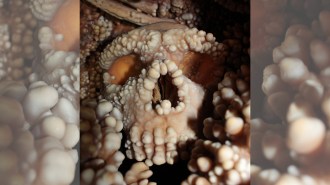- More than 2 years ago
If the places you dined with your parents are still the only places you eat, you’re bound to miss out. Research looking at feeding behavior in southern right whales reveals that the same may be true for these cetaceans, says Luciano Valenzuela of the University of Utah in Salt Lake City. Analyses of maternal DNA and chemical isotopes extracted from skin samples of mama right whales and their babies reveal that the young whales learn where to eat from their moms and faithfully visit the same feeding grounds for life.
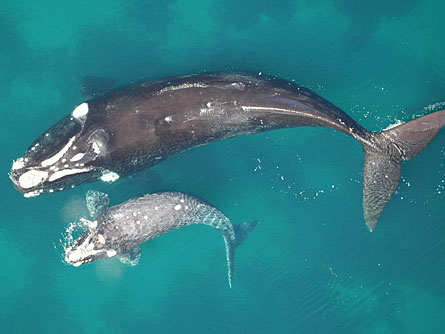
So what happens if populations of krill and copepods, the main meal for these whales, crash at a particular feeding ground? The research, published online and in the Feb. 15 Molecular Ecology, suggests right whales might not seek out new sites, instead returning to the buffets that mom frequented, no matter how depleted. Valenzuela and his colleagues are now trying to pinpoint where the whales feed in order to study the effects of changing menus.
Previous work has shown that krill numbers can drop when ocean temperatures rise, and less food means mothers have fewer right whale calves. If changes in global temperature shift krill distribution and abundance, the right whales might not have the flexibility to cope.
